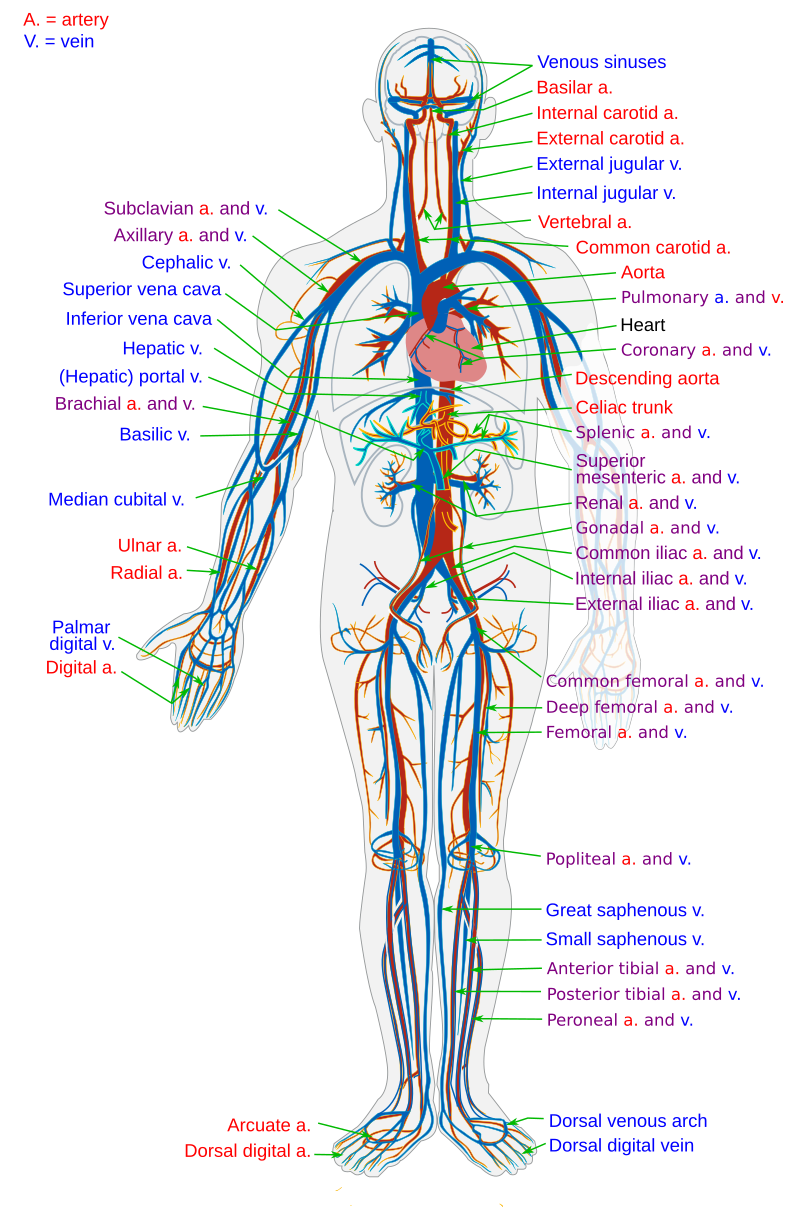Combination Cardiovascular Medications Linked to Reduced Cognitive Decline

A recent study presented at the Alzheimer’s Association International Conference (AAIC) 2025 highlights the potential benefits of using a combination of cardiovascular medications in older adults to mitigate cognitive decline. Conducted by Dr. Roshni Biswas, a research scientist at the Rush Alzheimer’s Disease Center in Chicago, the study analyzed data from 4,651 older adults without dementia at baseline. The findings suggest that patients taking multiple medications—specifically antihypertensives, lipid-lowering agents, and antidiabetic drugs—experienced a slower decline in cognitive abilities compared to those on fewer or no medications.
According to Dr. Biswas, "In individuals simultaneously using two or three medication classes, the decline of cognition was slower, equivalent to the change in cognition of a person three years younger than the average age in this sample." This study is significant amidst growing concerns about dementia and cognitive health among aging populations, as it suggests that early interventions targeting multiple vascular metabolic risk factors could potentially delay or prevent cognitive decline and dementia.
The research team evaluated participants who were part of five ongoing longitudinal studies of aging and dementia at the Rush Alzheimer’s Disease Center. Each participant underwent at least two annual cognitive assessments over an average of nine years, and medication usage was documented annually. Furthermore, a subgroup of 1,896 participants who had died and undergone autopsy allowed researchers to assess the extent of Alzheimer’s disease (AD) and other dementia-related neuropathologies.
Key findings indicated that treatment with all three medication classes was associated with a statistically significant slower decline in global cognition (P = 0.02), particularly in areas of semantic and working memory. Among the autopsied participants, those receiving combination therapy showed lower odds of atherosclerosis (odds ratio [OR], 0.47; P < 0.01) and arteriolosclerosis (OR, 0.53; P = 0.01), as well as less global AD pathology (P < 0.01), specifically relating to amyloid plaques and neurofibrillary tangles. The study also noted lower odds of hippocampal sclerosis (OR, 0.27; P = 0.03) and TDP-43 (OR, 0.46; P < 0.01), a protein increasingly recognized in Alzheimer's pathology.
Interestingly, the study revealed that even treatment with just two medication classes was associated with a slower decline in cognition (P < 0.01) and a reduced likelihood of atherosclerosis (OR, 0.63; P < 0.01). The use of a single class of medication yielded more limited, but still measurable, benefits, especially in preserving semantic memory.
Dr. Courtney Kloske, PhD, director of scientific engagement at the Alzheimer’s Association, commented on the significance of the study, stating, "This study supports the 'heart-brain connection' and demonstrates that controlling modifiable vascular risk factors could have beneficial impacts on the brain." However, both Biswas and Kloske emphasized the need for further research before definitive clinical recommendations can be made regarding the combination therapies.
As the population ages, the implications of this research are profound, potentially guiding future treatment strategies for cognitive decline and dementia. The findings underscore the importance of addressing cardiovascular health not just for physical well-being but also for cognitive preservation, illustrating a holistic approach to aging healthily.
The study was conducted without commercial funding and has no declared conflicts of interest from the researchers involved. Further investigations will be necessary to explore the optimal combinations of medications and to understand the mechanisms underlying these observed benefits.
Advertisement
Tags
Advertisement





